Pulmonary Function Testing:
Techniques and Interpretation Workshop

Workshop
Pulmonary Function Testing: Techniques and Interpretation Workshop
PROGRAM DIRECTOR: Hajed Alotaibi, PhD, RRT
Date: Wednesday, 15 March 2017
Time: 14:30-19:00
Meeting Room: AL MAASA
CONDUCTED BY:

GENERAL:
- Attendance is limited to 30 participants.
- Pre-registration is required, seats are limited, will be reserved on first come first served basis
- Registration is FREE for all who register for the GulfThoracic Congress 2017, please present your congress badge. (Note: Students are not eligible for the pre-congress workshops.)
At the end of this workshop, participants are expected to:
- Understand basic physiology underpinning pulmonary function tests.
- Perform basic spirometry, and assess acceptability and repeatability of the test.
- Perform lung volume measurement test
- Perform lung diffusion capacity (DLco) test
- In clinical contexts, assess and interpret PFT results
- Pulmonologists
- Respiratory Therapists
- Residents
- PFT Technologists
- General Practitioners
RATIONALE:
Pulmonary function test (PFT) has been the mainstay diagnostic and monitoring tool of airway and parenchymal diseases. Pulmonary function studies help to establish diagnosis and guide decisions for further treatments or interventions. There are array of PFT methods ranging from simple measurements of volume and flow to advanced measurement of gas diffusion capacity. Treatment and protocols for many pulmonary diseases emphasize the importance of PFT as a diagnostic tool. Therefore, Knowledge of PFT techniques and interpretation are essential for clinicians working with pulmonary patients
SUMMARY:
In the last years endobronchial ultrasound (EBUS) has revolutionized the world of bronchoscopy. EBUS is a minimally invasive technique that allows visualization of tracheabronchial wall structures and other structures adjacent the airway such as blood vessels or lymphadenopathy. There are two types of EBUS: Linear and Radial. The linear EBUS consists of several transductors forming a curve in the distal extreme of the flexible bronchoscope that generate an image of 50 degrees in relation to the major axis of the bronchoscope, which allows for a punction to be directly observed in real time. The radial EBUS consists of a rotatory transductor in the distal extreme of a miniprobe that generates an image of 360 degrees around the major axis of the bronchoscope, but does not allow for real-time samples. The main indication of the radial EBUS is the diagnosis of peripheral lung opacities. EBUS should be considered as a primary method of evaluation of lymph nodes seen to be positive in PET scan and may replace the majority of surgical mediastinal staging/diagnostic procedures. Linear EBUS has become the heart of N lung cancer staging, avoiding the comorbidity and comorbility of mediastinoscopy. Nevertheless, pulmonologistsshould remain competent in performing conventional TBNA as a supplementary skill that is needed especially in the absence of newer technology at local hospitals.
Faculty
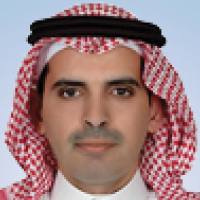
Hajed Alotaibi, PhD, RRT
Assistant Professor of Respiratory Care
Chairman, Respiratory Care Department, CAMS
Director, Respiratory care services, KFUH
University of Dammam
Dammam, Saudi Arabia
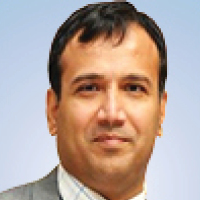
Khalid Aziz Ansari, MD, M.Phil, PhD
Assistant Professor
Department of Respiratory Care
College of Applied Medical Sciences
University of Dammam
Dammam, Saudi Arabia
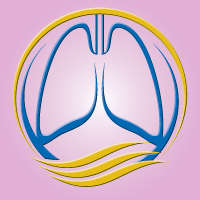
Dr. Noor Al-Khathlan, BSc, MSc, PhD
Assistant Professor of Pediatric Pulmonary Function Testing
Director of Clinical Education
Respiratory Care Department
College of Applied Medical Sciences
University of Dammam
Dammam, Saudi Arabia
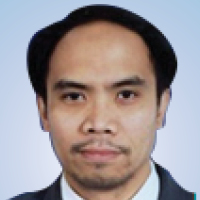
Jose Rex Navarrosa, BSRT
Senior Clinical Instructor
RC Clinical Training Unit
Overall Coordinator
RCD-NCAAA Accreditation Project
Respiratory Care Department
College of Applied Medical Sciences
Dammam, Saudi Arabia
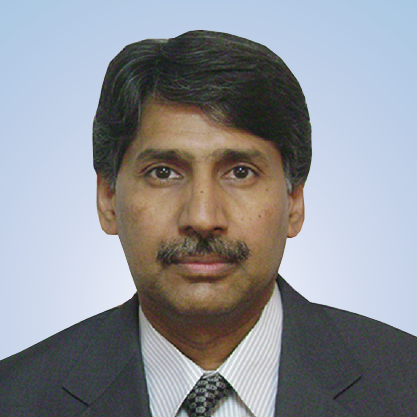
Prof. Sultan Ayoub Meo, MBBS, Ph.D, FRCP
Professor and Consultant in Clinical Physiology
Department of Physiology
College of Medicine, King Saud University
Riyadh, Saudi Arabia
Program
| Time | Topic |
| 14:00 - 15:00 | REGISTRATION |
| 15:00 - 15:15 | Welcoming Remarks Hajed Al-Otaibi - KSA |
| 15:15 - 15:40 | Pulmonary Physiology for PFT Khalid Ansari - KSA |
| 15:40 - 16:05 | Spirometry: Techniques and Acceptability of the Test Hajed Al-Otaibi - KSA |
| 16:05 - 16:30 | TLC and Diffusion Capacity Noor Al-Khatlan - KSA |
| 16:30 - 17:00 | BREAK |
| 17:00 - 17:30 | Practice 1: FVC and Basic Spirometry Jose Rex Navarrosa - KSA |
| 17:30 - 18:00 | Practice 2: Lung Volume Measurements The Team |
| 18:00 - 18:30 | Practice 3: Diffusing Capacity Jose Rex Navarrosa - KSA |
| 18:30 - 19:00 | Case Studies & Interpretation Sultan Ayoub Meo - KSA |
| 19:00 | Closing Remarks |

